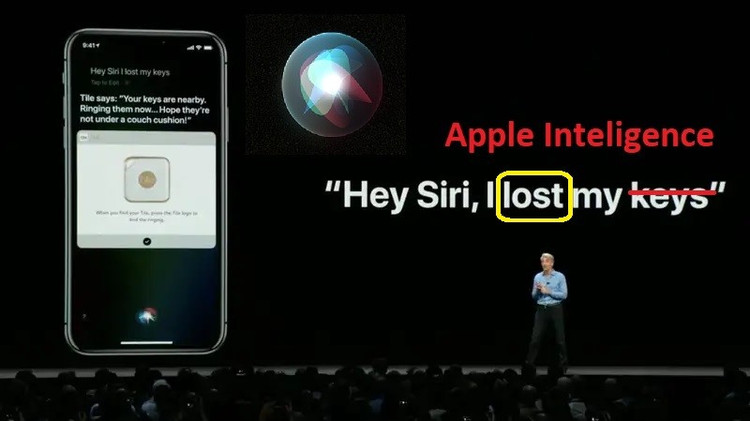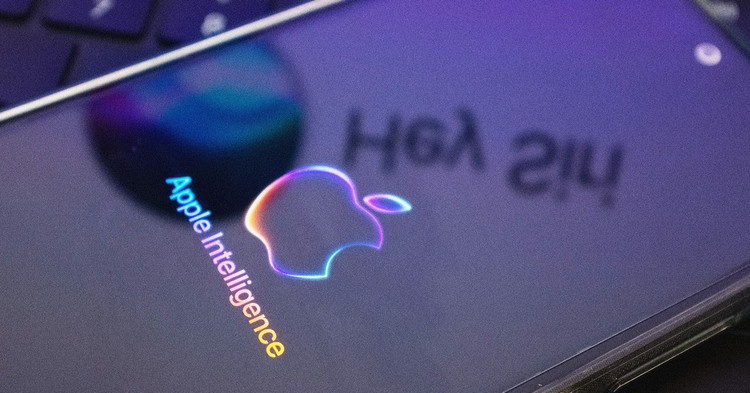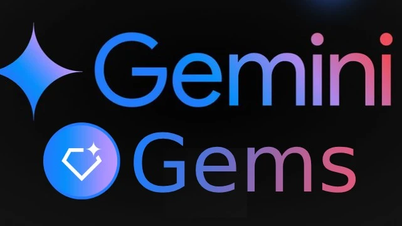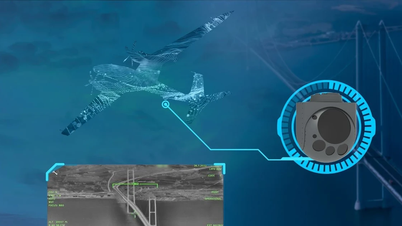Apple's much-anticipated event was filled with news about updates to AirPods, Apple Watch, iPhone, and more. However, during the presentation, which was significantly shorter than usual at just an hour and 15 minutes, there was one notable keyword that was absent from much of the event: AI.
Although CEO Tim Cook said during the livestream that the company is "taking the biggest step ever for iPhone," there were only a few cursory mentions of Apple Intelligence during the new iPhone launch.

That's right, according to Apple, these phones represent "advances in Apple's chips, hardware, and software," meaning they're better at gaming, photography, speed, battery life, and more.
But most of the specific, consumer-facing AI tools Apple touted—like visual AI and live translation in iMessage and FaceTime—were already hot topics of conversation back in June at WWDC 2025. And they’re not exactly new, either, as Apple’s competitors, like Google and Samsung, introduced similar features a year or more ago.
This presentation was a far cry from the times Apple heavily mentioned AI at the iPhone 16 launch, leaving the public disappointed when some key features were not implemented as promised.
This year, Apple focused more on how AI powers platform features, rather than focusing on bringing AI closer to users — unlike Google's Pixel 10 launch last month and Samsung's event in January. Apple is lagging in its efforts to develop agent AI to bring its virtual assistant tools to the forefront, so the event focused mostly on hardware and how AI powers everything behind the scenes.
The executives discussed how an updated neural engine powers Apple Intelligence, and how large local language models support better gaming at higher frame rates. They mentioned that Apple is now integrating neural accelerators into each GPU core to deliver “MacBook Pro levels of compute on iPhone,” making it possible to power intense AI workloads.
However, when it comes to the AI connection with the new AirPods, Apple focuses more on the live translation feature and heart rate monitoring rather than taking Google's approach with the new low-cost Pixel Buds 2A, where they discuss how they can be used to communicate with Gemini AI.

It's clear Apple's AI features have failed miserably.
Executives mentioned how the device's advanced computational model combines with Apple Intelligence models running on the iPhone to support live translation, and for the heart rate sensor, they emphasized the role of machine learning algorithms in powering the on-device AI model to track activity and calories, thanks to more than 50 million hours of training data from more than 250,000 participants in an Apple study.
The mention of AI in the new Apple Watch presentation also caused controversy. Apple executives highlighted how Apple’s machine learning algorithms analyzed a user’s blood pressure response to heart rate over the course of 30 days. This was thanks to a series of studies with more than 100,000 participants in total, and Dr. Sumbul Desai, Apple’s vice president of health, said the company hopes to “inform more than a million people with undiagnosed hypertension in the first year alone” and hopes to get FDA approval soon.
The AI arms race has never been more competitive for companies vying for the top spot—in part because they’re investing heavily in their AI efforts, and those efforts don’t come cheap. OpenAI was valued at $300 billion this year and is expected to burn through $115 billion by 2029. Anthropic recently raised $13 billion at a post-money valuation of $183 billion. In the past few months alone, Meta has spent billions hiring industry-leading researchers after investing more than $14 billion in Scale AI. And those are just a few examples.
Apple has long been criticized for falling behind in the AI race. Some of that is reflected in at least 10 recent reported departures from its AI research division, including four last week. Head of robotics research Jian Zhang is said to have left for Meta, and three other AI researchers are said to have left Apple’s platform modeling group, with two going to OpenAI and one going to Anthropic.
Source: https://khoahocdoisong.vn/apple-tranh-ne-not-tram-lac-nhip-siri-va-apple-inteligence-post2149051972.html


![[Photo] General Secretary To Lam attends the 50th anniversary of the founding of the Vietnam National Industry and Energy Group](https://vphoto.vietnam.vn/thumb/1200x675/vietnam/resource/IMAGE/2025/9/21/bb0920727d8f437887016d196b350dbf)









![[Video] Issuing the National Science, Technology and Innovation Assessment Index Framework](https://vphoto.vietnam.vn/thumb/402x226/vietnam/resource/IMAGE/2025/9/21/99e5dba8a7c34a27ac284bacb60f9f83)





















































































Comment (0)